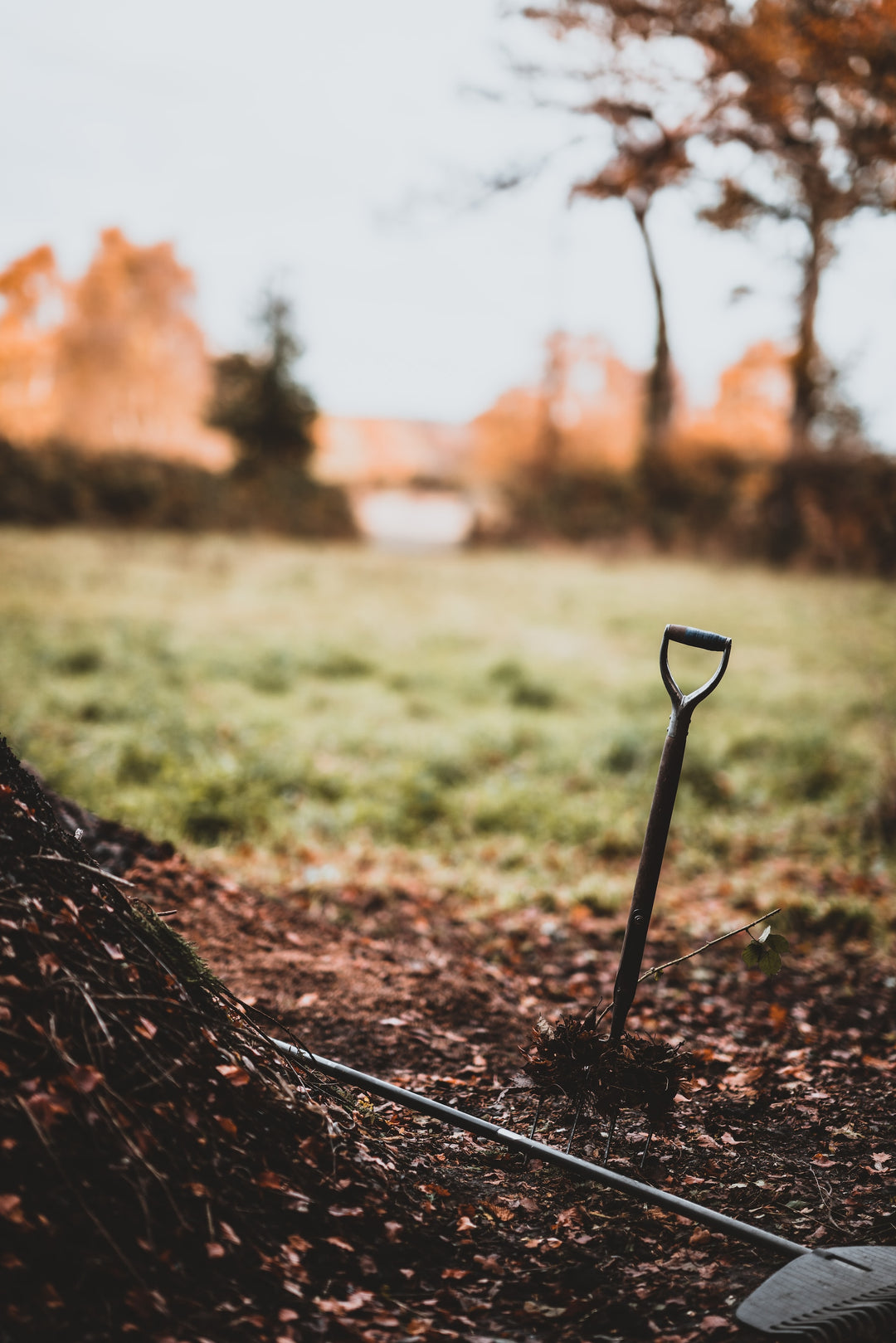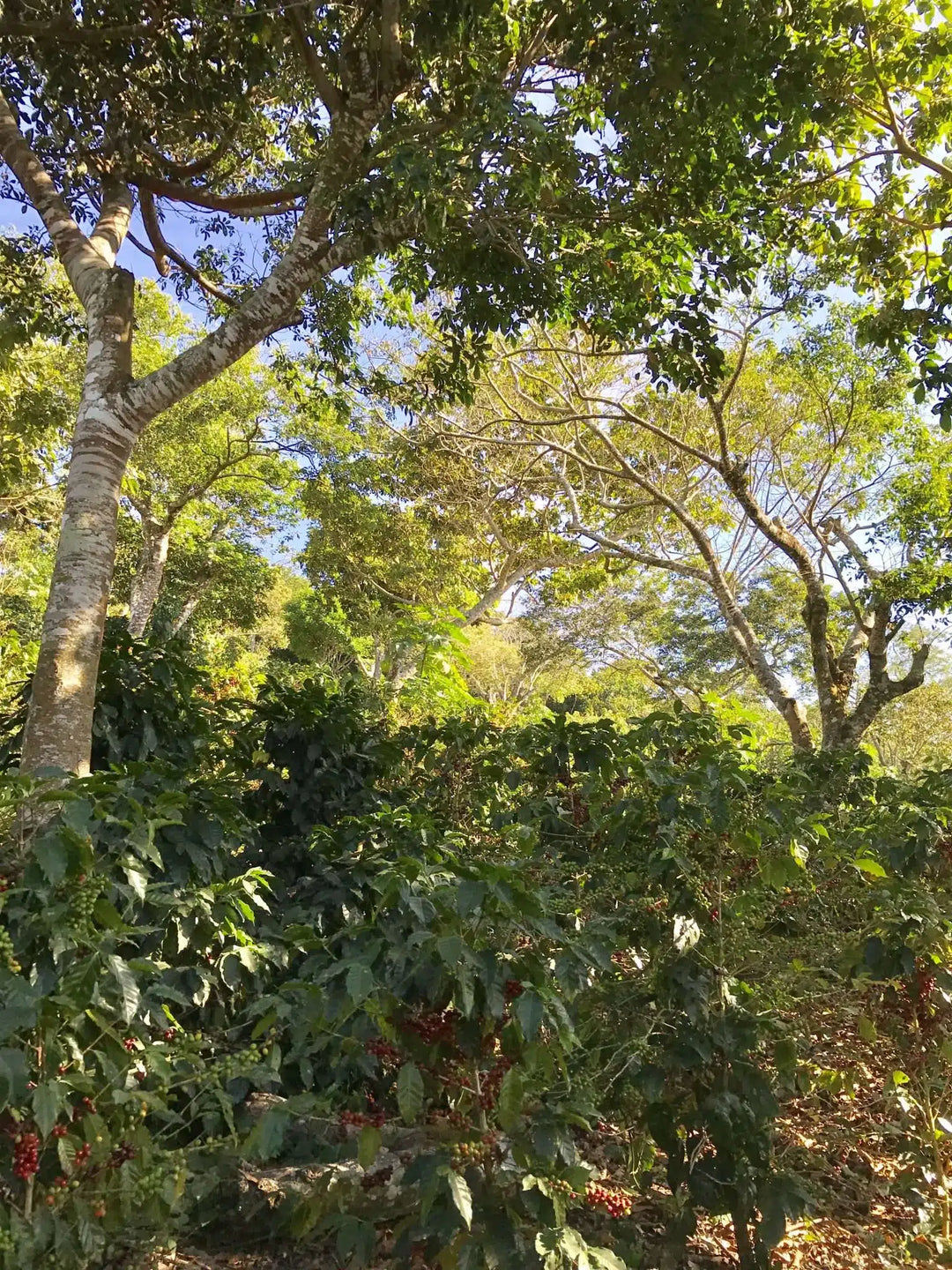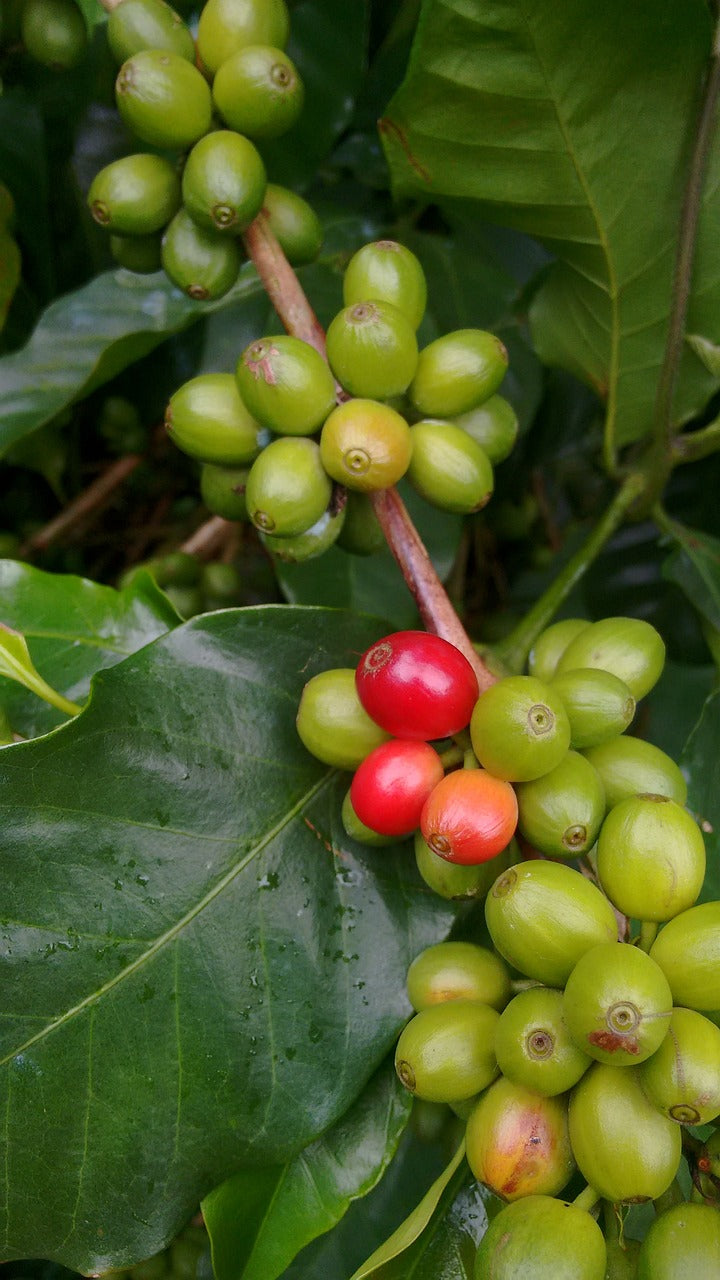The Importance of Sustainable Coffee Farming
The coffee industry is recognizing the importance of
sustainability, with a growing awareness of its impact on the environment, society, and economy. Climate change poses a significant threat to coffee production, as it impacts the amount of land available and forces farmers to adapt. However, sustainability efforts begin at the source, teaching farmers to produce coffee in a sustainable way.
Mai Thai Coffee recognizes how vitally important it is to practice sustainable farming. From the very beginning of our operations, we have prioritized environmentally friendly farming methods such as organic fertilizers, natural pest control and much more.
We believe that our farming practices are a necessary approach to ensure a brighter future for the coffee industry and the planet. We have, and continue to, prioritize sustainable coffee farming to this day, ensuring that our coffee is not only delicious but also responsible and eco-friendly.
Organic Composting
In tropical and sub-tropical coffee-growing regions, the rapid decomposition of organic matter in the soil is a major issue. To combat this, organic composting is a crucial practice. Organic compost, made from various organic materials, replenishes nutrients, improves soil structure, and supports a healthy soil microbiome. By applying compost
annually, coffee growers can maintain a rich organic soil base. This practice ensures a balanced nutrient supply, enhances water-holding capacity, and promotes the overall health and productivity of coffee plants. Organic composting mitigates the challenges posed by intense microbial activity and
helps sustainably cultivate high-quality coffee in these climates.


Water Conservation
Shade grown coffee offers both superior Arabica coffee quality and reduced water consumption. Cultivating coffee under shade trees creates a natural canopy that regulates temperature and moisture levels, reducing evaporation and water loss.
This practice helps maintain a stable, humid microclimate, minimizing the need for irrigation and conserving water resources. Shade grown coffee is often accompanied by organic farming practices, including regular organic compost application, which further enhances water conservation.
Pruning Practices
We offer training to farmers in proper coffee tree pruning and care, resulting in increased yields and reduced pest issues. When farmers implement these practices, coffee trees become a low-maintenance and eco-friendly crop. Pruning ensures tree health by removing diseased or damaged branches, improving air circulation, and optimizing light exposure. This facilitates easier harvesting and maintenance. Well-cared-for coffee trees require minimal inputs, reducing the need for excessive fertilizers, pesticides, and water. This benefits the environment and farmers' economic sustainability. Our training equips farmers with knowledge and skills to cultivate coffee sustainably, promoting higher productivity and environmental responsibility.



